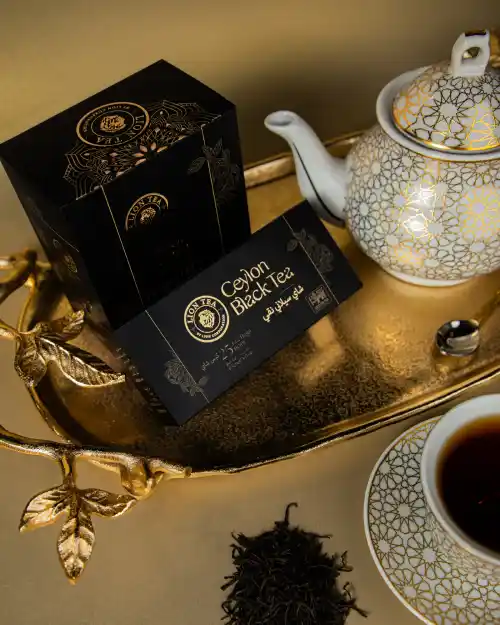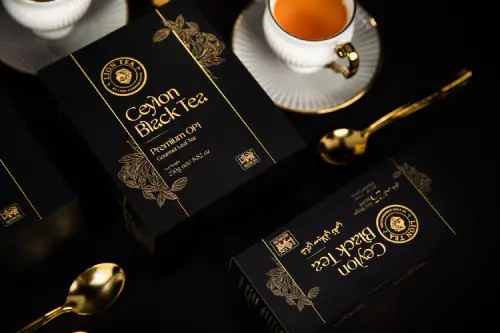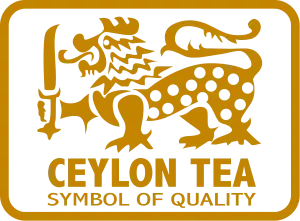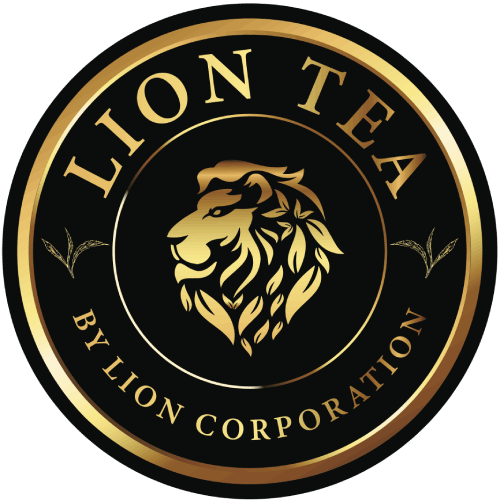


Ceylon tea, originating from the lush highlands of Sri Lanka, is celebrated globally as the epitome of tea excellence, a status it has maintained since the 19th century. The unique combination of climatic conditions, soil quality, and traditional cultivation methods contribute to its unmatched quality and distinctive characteristics. Grown in diverse regions ranging from the low-elevation coastal areas to the highlands over 6,000 feet above sea level, each Ceylon tea variant offers a unique flavor profile. This variation in altitude and climate results in a range of teas, from the brisk, robust low-grown teas to the light, delicate high-grown varieties.
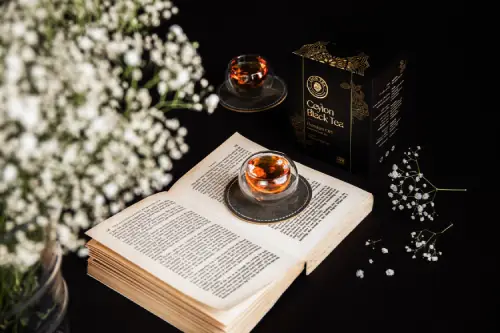
The terroir of Sri Lanka plays a critical role in defining the quality of Ceylon tea. The island’s rich, fertile soil, combined with the ideal balance of sunshine, humidity, and rainfall, creates an optimal environment for tea cultivation. The different growing regions, such as Nuwara Eliya, Uva, and Kandy, each impart their own unique qualities to the tea. For example, Nuwara Eliya teas are known for their exquisite fragrance and light, golden liquor, often described as the “champagne of teas.” In contrast, Uva teas have a distinct, pungent flavor with a hint of wintergreen, making them highly sought after by connoisseurs.
The traditional methods of cultivation and processing further enhance the quality of Ceylon tea. Hand-plucking ensures that only the finest leaves are selected, maintaining the integrity and flavor of the tea. The leaves are then meticulously processed using time-honored techniques that have been perfected over centuries. The orthodox method, which involves rolling the leaves to release their natural oils and enzymes before they are fermented, dried, and sorted, preserves the nuanced flavors and aromas of the tea. This careful, artisanal approach ensures that every cup of Ceylon tea is a testament to the skill and dedication of the tea growers and processors.
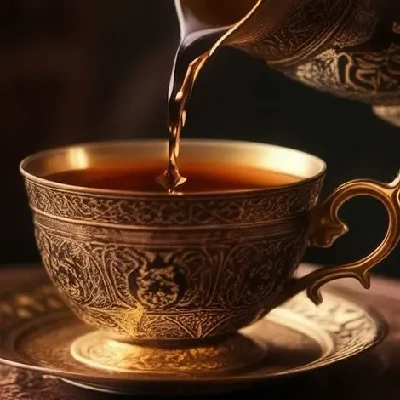
Ceylon tea is also renowned for its versatility and wide range of offerings. Whether it’s the full-bodied black tea, the delicate green tea, or the aromatic white tea, Ceylon tea caters to diverse tastes and preferences. The black teas, which are the most famous, come in various grades and flavors, from the rich, malty low-grown teas to the bright, citrusy high-grown teas. Ceylon green teas are prized for their fresh, herbaceous notes and smooth, mellow taste, while the rare white teas, made from the tender buds, offer a subtle, sweet flavor and a silky texture. This diversity not only showcases the breadth of Sri Lanka’s tea industry but also allows tea enthusiasts to explore a wide spectrum of tastes within the Ceylon tea family.
The health benefits associated with Ceylon tea further elevate its status as the best tea in the world. Rich in antioxidants, particularly polyphenols and catechins, Ceylon tea helps combat free radicals in the body, reducing the risk of chronic diseases such as heart disease and cancer. The natural compounds in Ceylon tea also promote weight loss, improve metabolism, and enhance overall cardiovascular health. Regular consumption of Ceylon tea is known to boost the immune system, improve mental alertness, and aid in digestion, making it not only a delightful beverage but also a beneficial addition to a healthy lifestyle.
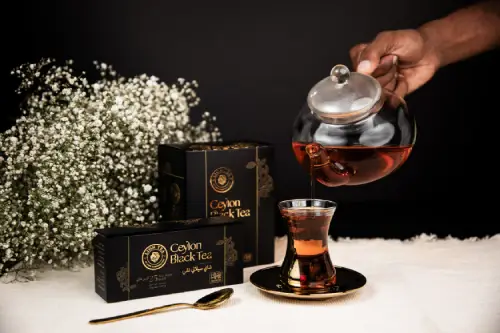
Moreover, the sustainability and ethical practices in the Sri Lankan tea industry contribute significantly to the appeal of Ceylon tea. Many tea estates are committed to sustainable farming practices, minimizing the use of chemicals and promoting biodiversity. The industry also supports fair trade practices, ensuring that tea workers receive fair wages and better working conditions. This ethical approach resonates with the growing number of conscious consumers who seek products that are not only of high quality but also produced in a socially and environmentally responsible manner. The global reputation of Ceylon tea is further bolstered by its historical significance and cultural heritage. Introduced by the British in the mid-19th century, Ceylon tea quickly gained international acclaim, becoming a staple in households around the world. The British influence brought with it a legacy of high standards and stringent quality control, which continues to this day. The Sri Lankan government’s dedication to maintaining these standards is evident in the rigorous quality checks and certifications that Ceylon tea undergoes before it reaches the market. This commitment to excellence ensures that every cup of Ceylon tea delivers the consistent, superior quality that consumers have come to expect.


